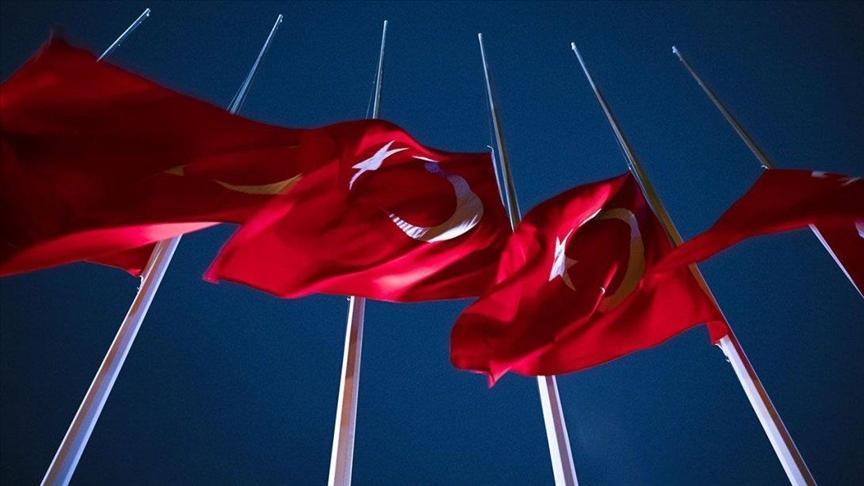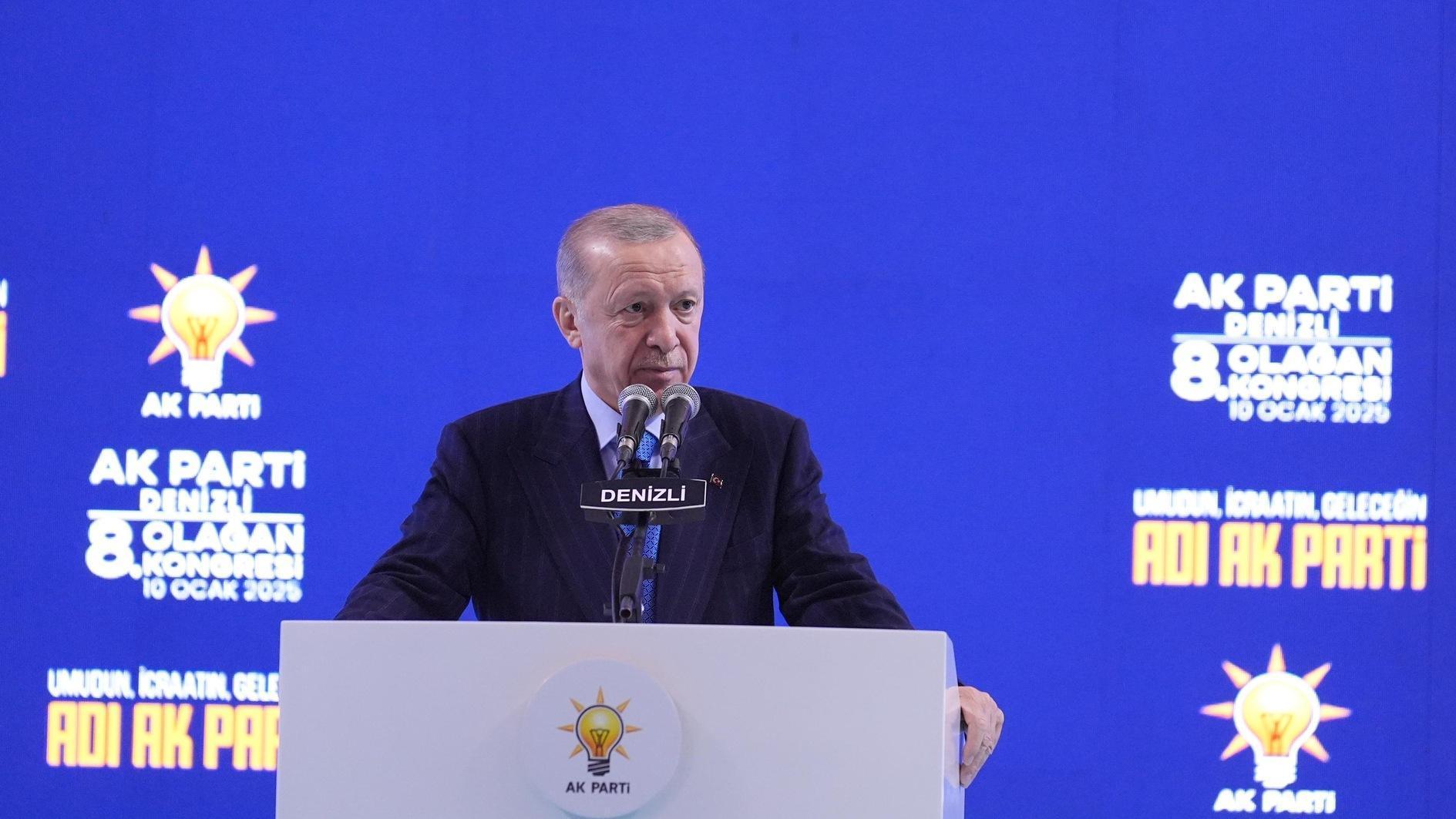The economics of love
Economics is based on a hypothetical rational (wo)man – or at least was until behavioral economics came along. Homo economicus is sort of like a supercomputer – always calculating lifetime welfare, costs, profits, etc. Like Star Trek’s Mr. Spock, (s)he never lets emotions get in the way. You would therefore not expect economists to take on love.
Quite the contrary: The late Gary Becker, who revolutionized economics by “extending the domain of microeconomic analysis to a wide range of human behavior and interaction, including nonmarket behavior,” as summarized by the Nobel committee’s justification for awarding him the economics prize in 1992, wrote about the economics of love and marriage as well.
His approach was naturally based on rational individuals. According to him, people tie the knot because they get higher satisfaction (utility) from getting married than remaining single. There is a marriage market in the sense that men and women compete as they seek mates; each person tries to find the best mate subject to market conditions.
Many other economists have taken on love after Becker, following on his footsteps. For example, wondering whether economists could be romantic, I stumbled upon a book titled “The Romantic Economist: A Story of Love and Market Forces.” According to the author, one William Nicolson, it is the story of how he tried to use economic theory to save his floundering love life.
Googling the author’s name revealed an article he had written for Time on Valentine’s Day in 2014: “10 Lessons from an Economist on Love.” I don’t have enough space to go over all of them, but here’s a summary of three of his most interesting lessons – and how your friendly neighborhood economist, recently happily enamored, feels about each.
Every student of economics is taught in their introduction to the dismal science that you should not consider sunk costs, which have already incurred, when making a decision. Nicolson therefore advises that you should not “dwell on the great times you’ve had with someone when deciding whether to carry on a relationship.” Tell that to the full moon in Datça, dude!
Nicolson then claims that if someone is too good to be true, s(he) probably is: “Someone else will probably have already beaten you to that person.” Well, the problem is that people are not goods you can rate; someone who is perfect for you may not be perfect for others. And by the way, “she” is really too good:)
Last but not the least, if you are to take Nicolson’s advice, you should “diversify your portfolio.” The late Jim Tobin, who had given me my first economics job as his research assistant, won the Nobel Prize for that idea, but he had stocks in mind, not people. Besides, if you were really in love, your eyes would see none other than your beloved. At least that is the case for me.
Some of the other lessons make more sense. For example, I would agree that putting a lot of sacrifice into a relationship makes sense as a long-run “investment.” Similarly, humility may send signals to your partner about your abilities. But as you can see, a dozen years of economic training have not turned your friendly neighborhood economics into a “rational” seeker of love.
Lo and behold, he has never been as happy before – and is better-off than he would have been had he been approaching matters of the heart as optimization or game theory problems. Sorry Nicolson, and Becker: Love and markets do not mix together well.










